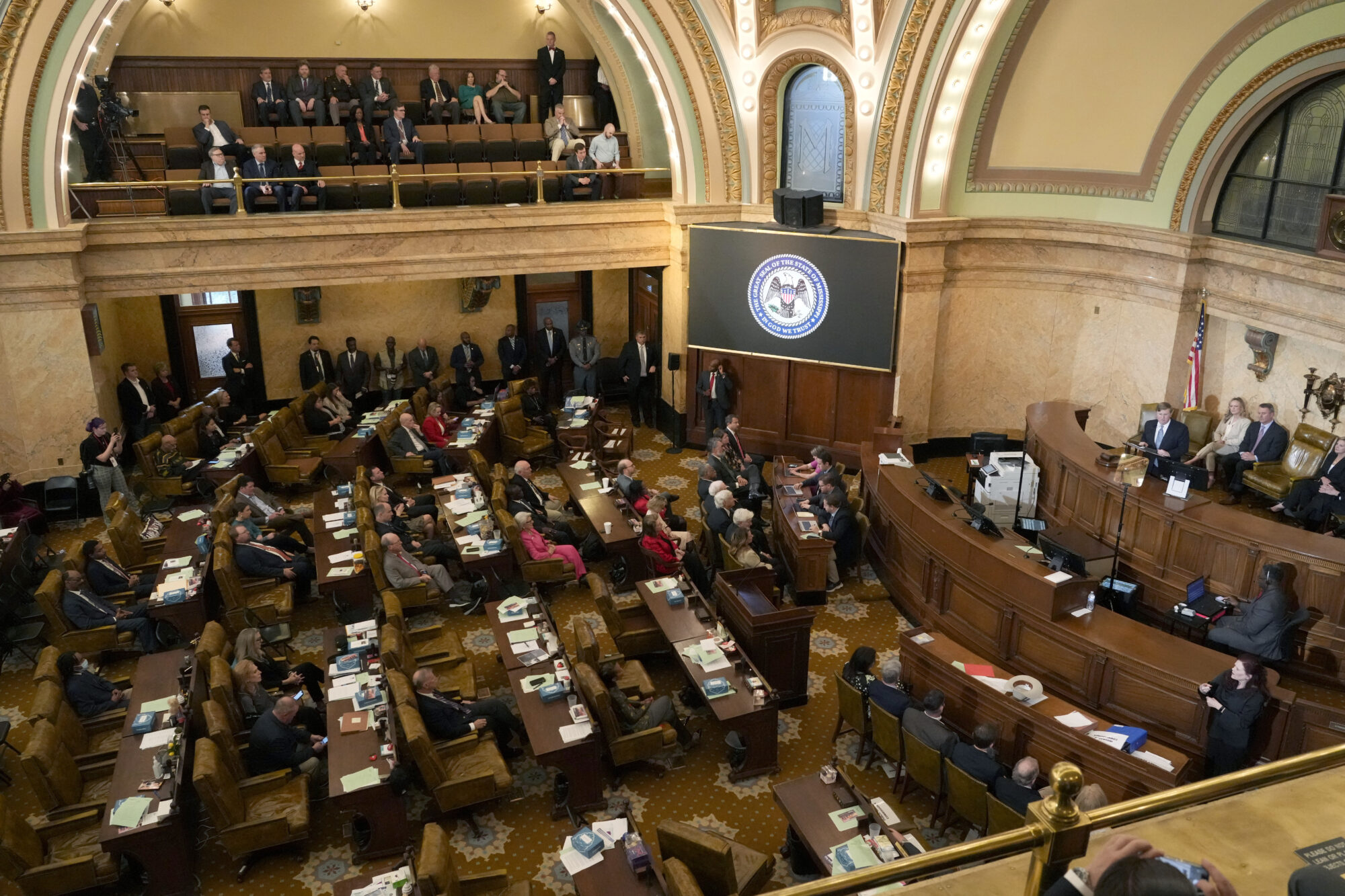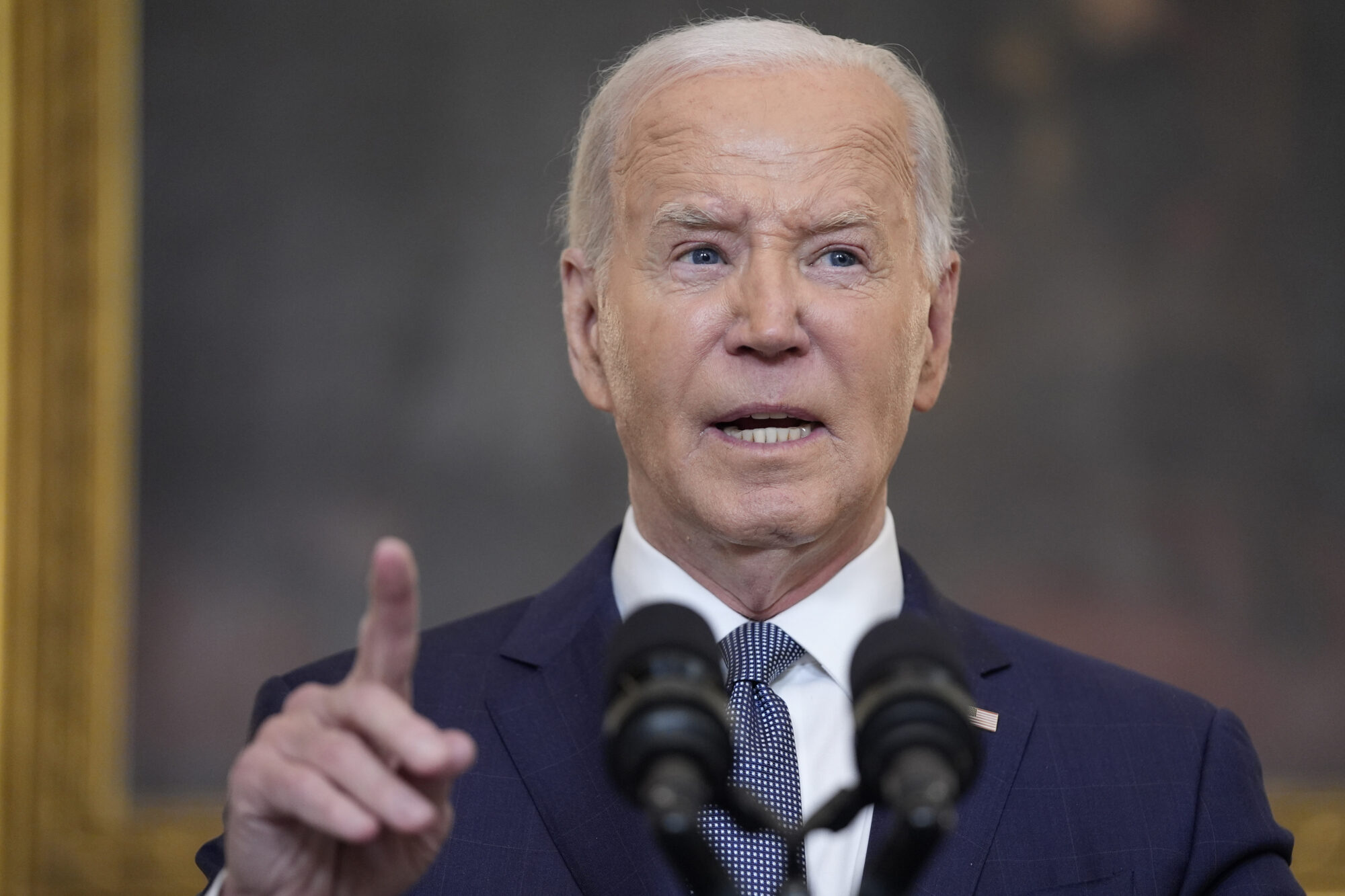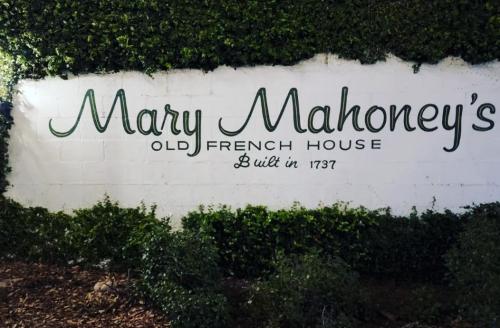Public, Political Left At Odds Over Interrogation
On May 11-14, 2009, Resurgent Republic conducted an extensive survey of registered voters regarding the current debate over harsh interrogations of high-value al-Qaeda detainees. The survey began with a question defining the terms: “Defenders call harsh interrogations ‘enhanced interrogation techniques,’ and critics call them ‘torture.’” American voters believe “harsh interrogation of detainees” was justified by a 19-point margin, 53 to 34 percent. That is almost identical to a Gallup Poll of adults on April 24-25 that found Americans believe “harsh interrogation techniques for terrorism suspects” were justified by 55 to 36 percent.
There is a sharp partisan divide in the responses, with Republicans believing that harsh techniques were justified by 82 to 10 percent, but Democrats believing harsh techniques were not justified by 57 to 27 percent. Independents, who constitute 30 percent of the respondents, are much closer to Republicans on this issue, believing harsh techniques were justified by 53 to 31 percent.
After hearing a series of common arguments both in favor of and in opposition to those interrogation techniques, as well as descriptions of the techniques themselves, respondents still believe the harsh methods were justified, this time by a 20-point margin, 56 to 36 percent.
In a recent press conference, President Obama said the key question in this debate is whether harsh interrogations made America safer. By a margin of 52 to 39 percent, American voters think harsh interrogations have made us safer. Democrats think harsh techniques have not made us safer by 55 to 36 percent. But Republicans think they have made us safer by 71 to 23 percent, and Independents agree by 51 to 39 percent.
The survey summarized the overall argument on both sides as:
Congressman A says America should never use harsh interrogation techniques on detainees, because they are torture. Those techniques undermine our values, hurt our standing in the world, endanger American troops who might be taken prisoner, and yield little or no useful information that could not be obtained by other means.
Congressman B says that, while harsh interrogation techniques of detainees should be used only rarely, they may be necessary in exceptional situations to protect the country. Those techniques are justified when they are the only way to stop the murder of another 3000 innocent Americans in another 9/11.
American voters agree with the second argument in favor of limited use of harsh interrogations over prohibiting harsh interrogations by 61 to 34 percent. Once again, Democrats are on one side of the divide, thinking that harsh interrogations should be prohibited, by 49 to 46 percent. But Republicans (80 to 18 percent) and Independents (60 to 35 percent) are on the other side of the divide, overwhelmingly thinking that harsh interrogations may be necessary in extraordinary circumstances.
On three different questions, voters consistently agree that harsh interrogation techniques were effective at gaining useful information. For example:
Congressman A says harsh interrogation of detainees is not effective. It yields little useful information that could not have been obtained by traditional interrogation methods. Harsh interrogation makes detainees lie to stop the harsh treatment. While traditional methods might take more time, they are more effective in the long run.
Congressman B says harsh interrogation techniques of detainees is effective. Khalid Sheikh Mohammed, the master mind of 9/11, refused to talk to interrogators under traditional interrogation methods, and disclosed information about planned attacks only after being waterboarded many times. American lives were saved by using these enhanced techniques.
By a margin of 55 to 39 percent, voters overall think harsh techniques are effective. Democrats agree with the first statement that harsh techniques are not effective, by 57 to
36 percent. But Republicans think they are effective by 76 to 22 percent, as do Independents by 56 to 35 percent.
On each of the following issues, questions presented strong arguments on either side of this debate. Highlights of public perceptions include:
Voters think the Obama Administration has tied the hands of the CIA in fighting terrorism by limiting interrogators to the Army Field Manual (51 to 42 percent).
Voters believe the Obama Administration made a serious mistake in releasing memos from the Bush Justice Department on harsh interrogation techniques (54 to 41 percent), and they strongly oppose criminal investigations of those responsible for authorizing or conducting those interrogations (62 to 32 percent).
Voters believe Congressional leaders like Speaker Nancy Pelosi were thoroughly briefed on those techniques at the time, and are only now objecting because of politics (57 to 29 percent).
When asked about specific techniques, large majorities believe prolonged standing, confinement in cramped spaces, and diet alteration are justified. A majority believes “making detainees remain naked during interrogation by interviewers of the same gender, as long as there is no threat of sexual abuse” is not justified. By a narrow margin (50 to 46 percent), voters overall believe waterboarding is not justified. Republicans believe waterboarding is justified (75 to 20 percent), as do Independents by a narrow margin (49 to 46 percent). But Democrats think waterboarding is not justified (80 to 18 percent).
In driving this debate, the political left is driving a sharp divide between Democrats on the one hand and Republicans and Independents on the other. Democrats believe that harsh interrogation techniques amount to torture that should have never been used and warrant investigation. Republicans and Independents believe that the techniques were justified and helped save American lives, and those who authorized and implemented them should not be investigated.
The next Resurgent Republic survey will focus on evaluations of America’s health-care system, and preferences for health-care reform.
Methodology
This survey consists of 1000 registered voters chosen randomly from throughout the country through random-digit dialing of both landline and cell phones. The sample was minimally weighted by age, race, and region to reflect 2008 voter turnout. The sample is 6 points more Democratic than Republican: 30 percent Republican, 30 percent Independent, and 36 percent Democrat. The margin of error is 3.1 percent.

Resurgent Republic
5/22/9







